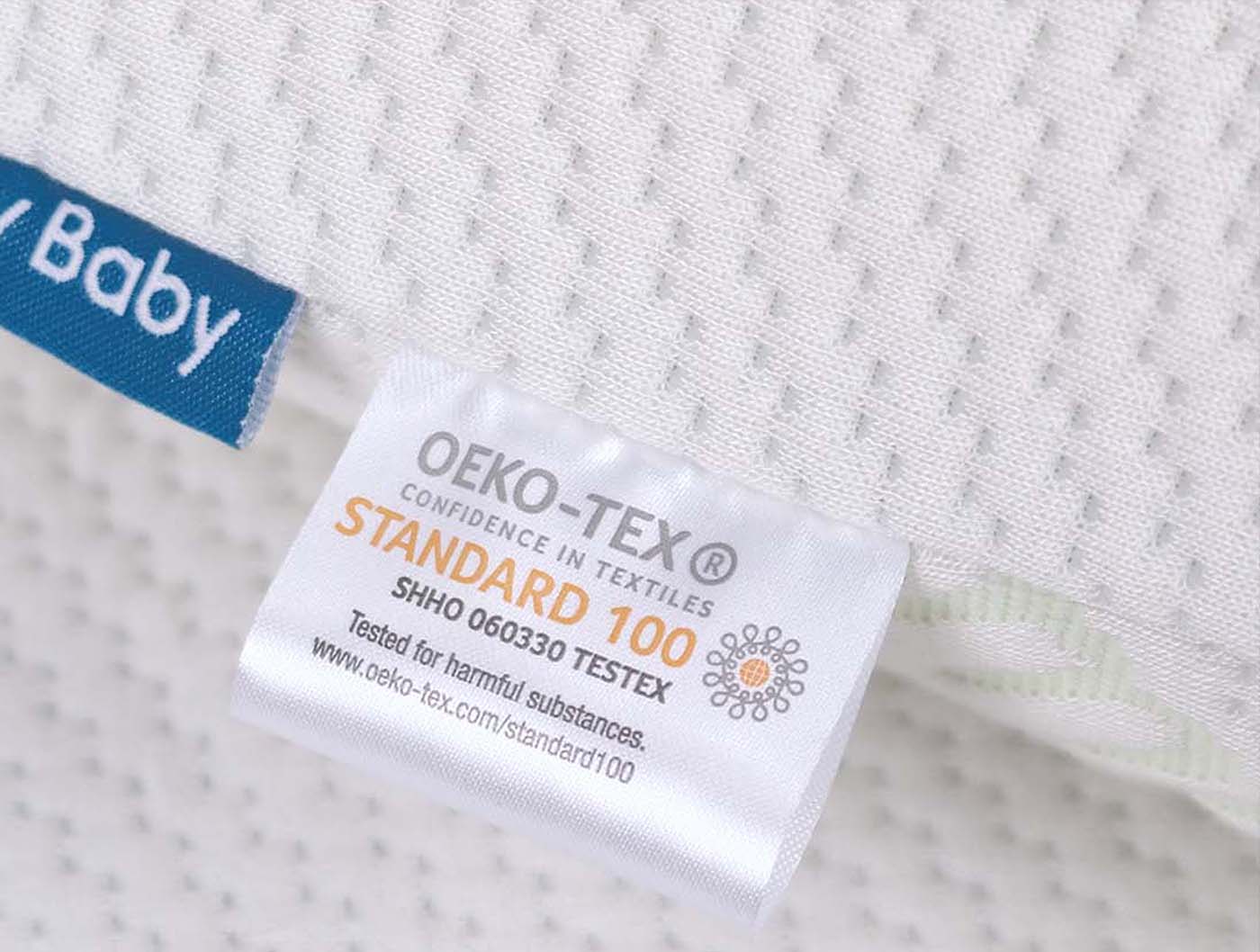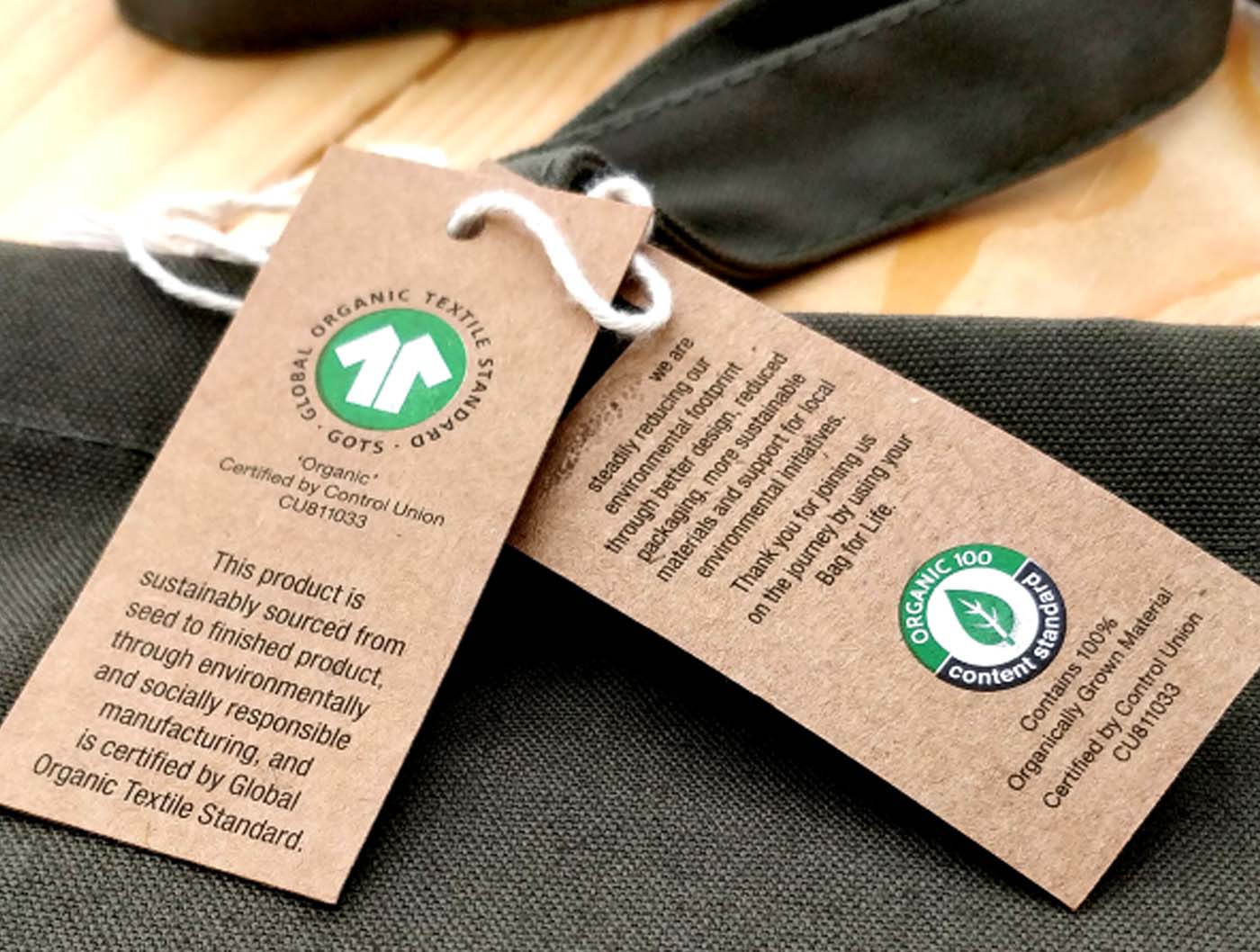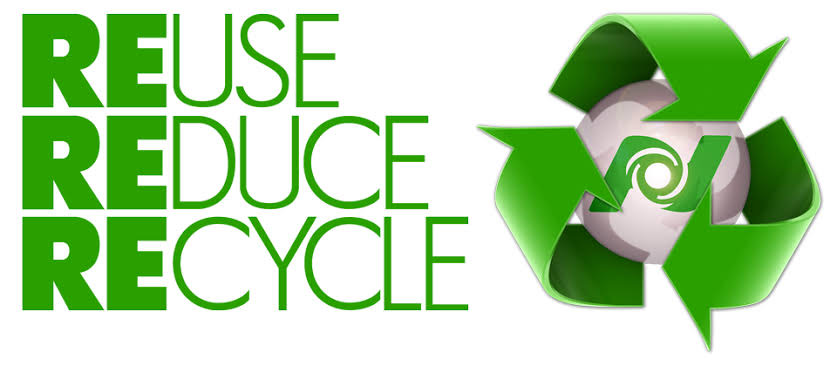
STANDARD 100 BY OEKO-TEX®
STANDARD 100 by OEKO-TEX® is one of the world's best-known labels for textiles tested for harmful substances. It stands for customer confidence and high product safety.If a textile article carries the STANDARD 100 label, you can be certain that every component of this article, i.e. every thread, button and other accessories, has been tested for harmful substances and that the article therefore is harmless for human health. The test is conducted independently by OEKO-TEX® partner institutes on the basis of extensive OEKO-TEX® criteria catalog.GLOBAL ORGANIC TEXTILE STANDARD (GOTS)
STANDARD 100 by OEKO-TEX® is one of the world's best-known labels for textiles tested for harmful substances. It stands for customer confidence and high product safety.If a textile article carries the STANDARD 100 label, you can be certain that every component of this article, i.e. every thread, button and other accessories, has been tested for harmful substances and that the article therefore is harmless for human health. The test is conducted independently by OEKO-TEX® partner institutes on the basis of extensive OEKO-TEX® criteria catalog.
Only textile products that contain a minimum of 70% organic fibers can become GOTS certified. All chemical inputs such as dyestuffs and auxiliaries used must meet certain environmental and toxicological criteria. The choice of accessories is limited in accordance with ecological aspects as well. A functional waste water treatment plant is mandatory for any wet-processing unit involved and all processors must comply with minimum social criteria.

GREEN ENERGY FROM WINDMILLS
We care for the planet by producing renewable energy from windmills and thus reducing the pollution from fossil fuels.WASTE MANAGEMENT AND RECYCLING

